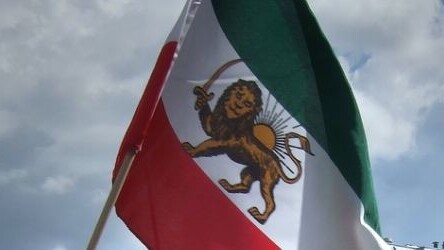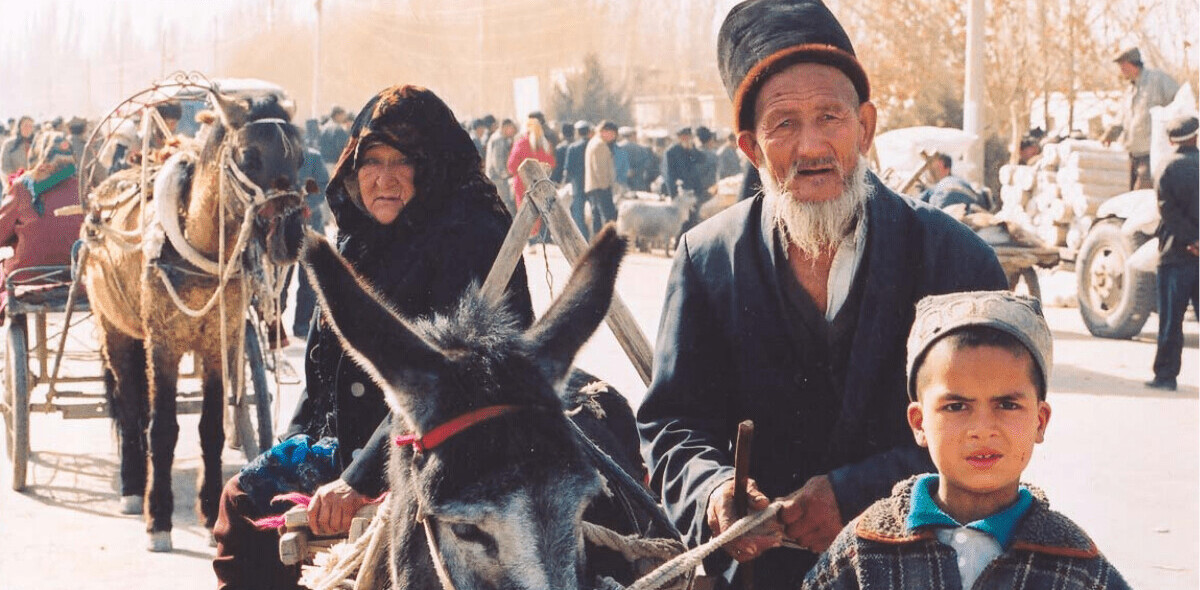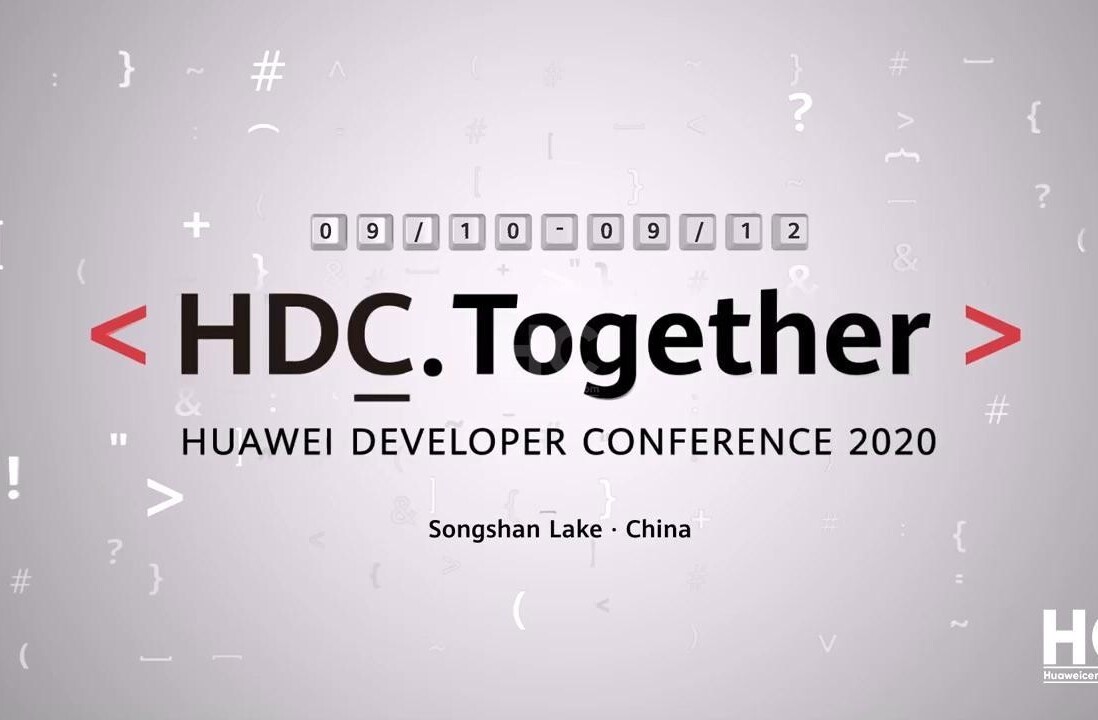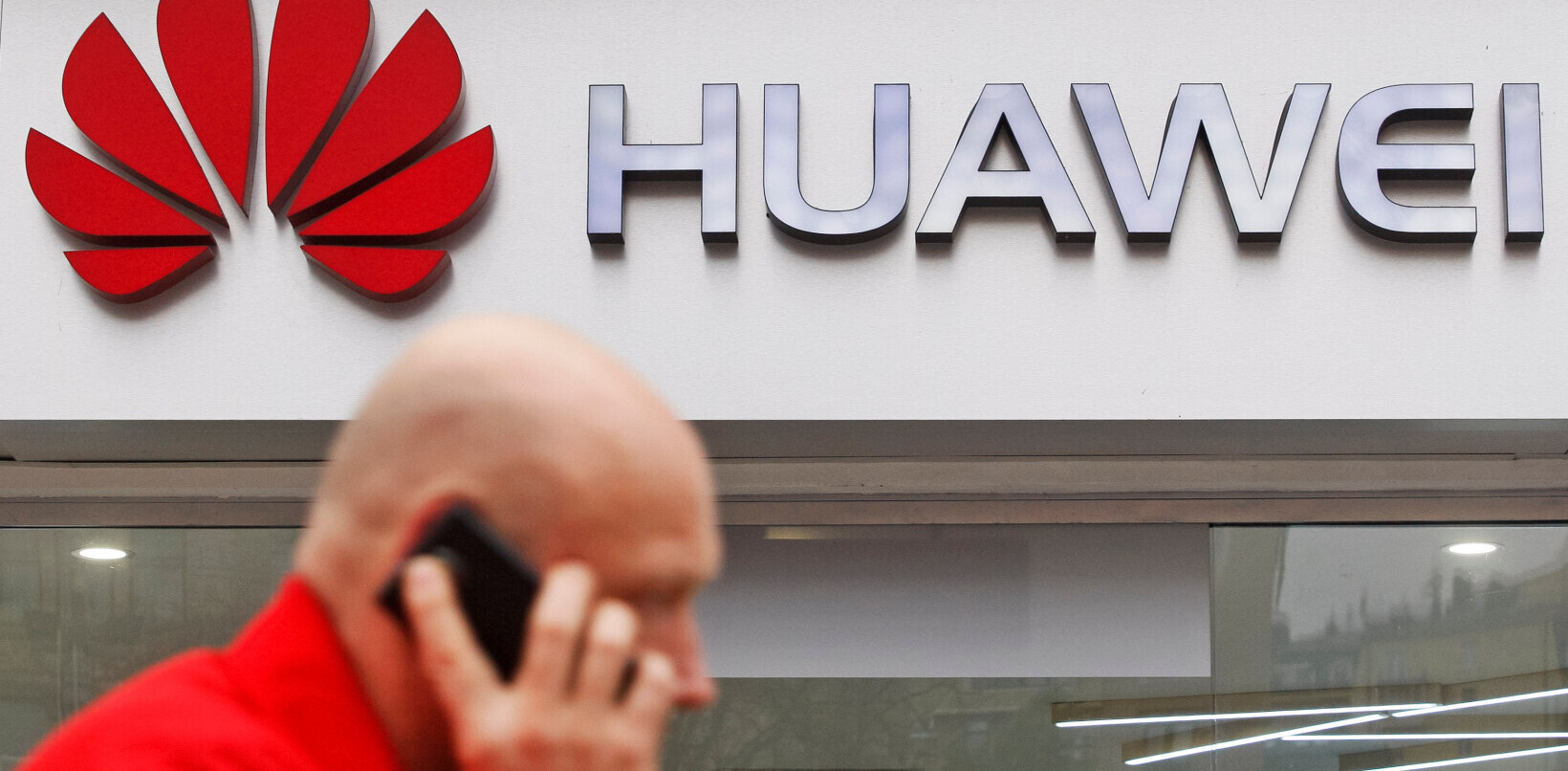
We’ve recently reported on a slew of Western companies who have been more than happy to sell their software to known authoritarian regimes.
Software produced by French company Amesys was used by Gaddhafi’s censorship arm, US company Blue Coat’s software somehow found its way onto Syrian servers, and Canadian company Netsweep has reportedly aided in censorship in several Middle Eastern countries including Yemen, Qatar and the United Arab Emirates.
It seems that even these companies who have been criticized for putting potentially life-threatening tools in the hands of dictators wouldn’t stoop so low as to sell software to Iran – whose government is one of the most notorious in the Middle East, if not the world, when it comes to clamping down on freedom of expression, Internet use and more.
In fact, as you may know, The Next Web itself is persona non grata in Iran since the website was blocked by Iranian authorities just over a week ago.
So, the latest report from the Wall Street Journal does not come as a surprise revealing a partnership with Huawei Technologies, a company based in China, a country ranked just as high in notoriety when it comes to censorship.
The Chinese mobile technology company is installing equipment which makes it possible for Iranian state security to track people’s locations using their mobile phones.
Much like Blue Coat and Amesys software – Huawei’s technology is harmless until it’s placed in the wrong hands. In Iran, Huawei’s location services are yet another form of monitoring which activists will have to learn to combat.
While the contract between Huawei and Iranian telecom, MTN Irancell was publicly announced, of course the part about Huawei being used to track Iranian citizens’ every move was conveniently left out.
Huawei has been involved in some significant projects including possibly bringing free wireless to London’s subway system as well as strengthening Canada’s wireless system. In the case of the Iranian contract, the China-based company is also clearly trying to convince itself and the world that the use of their technology in Iran is no different from its use in the UK or Canada, and that the Iran deal is nothing short of kosher.
Commenting on the contract, William Plummer, Huawei’s Vice President of External Affairs in Washington said, “What we’re doing in Iran is the same as what we’re doing in any market. Our goal is to enrich people’s lives through communications.”
Get the TNW newsletter
Get the most important tech news in your inbox each week.





